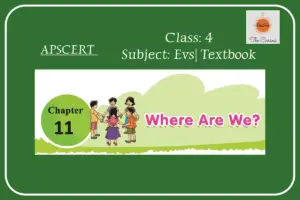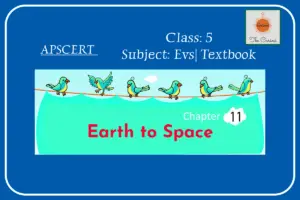The future of education is likely to be shaped by rapid advancements in technology, an emphasis on personalized learning, and a focus on developing skills that prepare students for a complex, globalized world. Here’s a look at some key ways education could evolve
1. Personalized Learning and Adaptive Technology
Future education will increasingly focus on personalized learning, where lessons and assessments adapt to each student’s pace, strengths, and areas for improvement. Artificial Intelligence (AI) can be used to create customized learning paths, making it easier for students to learn at their own speed and in ways that resonate with them best.
2. Global and Collaborative Learning
Technology will make it easier for students to collaborate with peers from across the world, sharing perspectives, working on global projects, and understanding other cultures. Virtual classrooms and collaborative online platforms will connect students and teachers beyond borders, fostering a more global perspective.
3. Focus on Skills Over Content
As information becomes widely accessible, education will shift its focus from content memorization to skill development. Critical thinking, problem-solving, emotional intelligence, creativity, and adaptability will be emphasized. Students will be trained in skills that are essential for personal and professional growth.
4. Virtual and Augmented Reality in Learning
Virtual Reality (VR) and Augmented Reality (AR) will become integral to immersive learning experiences. From virtual field trips to interactive simulations, students will be able to explore concepts firsthand, whether it’s walking through ancient history or dissecting virtual organisms in biology.
5. Flexible and Modular Education Paths
Future education will offer more flexible pathways, allowing students to create individualized learning plans. Modular courses, certifications, and skill-based programs will replace traditional degrees for some fields, giving students more control over their learning journey.
6. Blended and Hybrid Learning Models
Blended learning, which combines online learning with in-person instruction, will become more mainstream. Schools and universities may adopt a hybrid approach where students learn foundational material online and engage in practical, collaborative work in classrooms or labs.
7. Lifelong Learning and Continuous Education
With rapid changes in technology and the workforce, education will no longer be confined to youth. Lifelong learning will be necessary, with people continuously updating their skills to remain relevant. Online courses, micro-credentials, and professional development programs will support this need for lifelong education.
8. Emphasis on Emotional and Social Learning
Recognizing the importance of mental health, future education will prioritize emotional and social learning. Programs that teach empathy, resilience, and effective communication will become essential, ensuring that students develop not only academically but also socially and emotionally.
9. Eco-friendly and Sustainable Practices in Schools
Schools of the future may also place a strong emphasis on environmental education and sustainability practices. From green campus initiatives to curricula that incorporate environmental studies, education will aim to foster responsible global citizens.
10. Teacher Roles as Facilitators and Coaches
Rather than primarily delivering content, teachers in the future will act as facilitators, mentors, and coaches who guide students through personalized learning experiences. Teachers will focus on nurturing creativity, problem-solving, and critical thinking, while technology handles routine instructional tasks.
In summary, education will evolve to be more inclusive, adaptive, and skill-centered, preparing students to thrive in a rapidly changing world.


